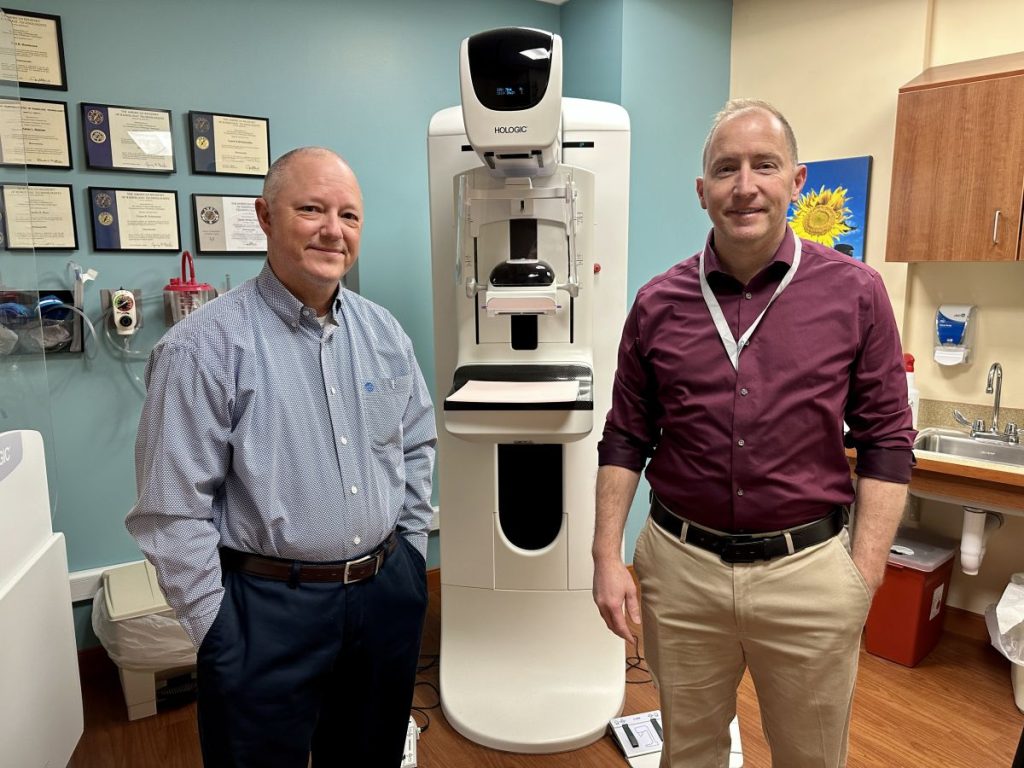Cody Regional Health (C.R.H.) will soon launch Tyrer-Cuzick Risk Scoring to support their Breast Cancer Detection Program starting April 3.
According to Medical News Today, The Tyrer-Cuzick (T.C.) score measures the likelihood that a person will have specific gene mutations related to breast cancer. The score helps doctors estimate an individual’s risk of developing breast cancer and may help when making recommendations about screening.
T.C. scoring is rare to find within Wyoming healthcare systems. Cody Regional Health will be one of the few hospitals to offer this to their patients.
“We are excited to be able to start offering this to our mammogram patients, as this will help our local area primary care providers and their patients better prepare and prevent breast cancers,” stated Eric Lipe, CRH Radiology Department Director.
“Even though we have offered 3D Mammography at C.R.H. for years, this is another step we are taking to better educate our patients about their risk of breast cancer. The goal in breast cancer screening is to find cancers at their earliest stage,” stated Travis Graham, MD, Radiologist at C.R.H. “We also hope to augment our breast cancer screening program in the future with automated breast density assessment as well as Artificial Intelligence and Deep Machine Learning methods to assist us in pinpointing areas of the breast that may be of concern. These advanced technologies will help save lives.”
Women need to know if they have dense breasts or not. Women with dense breast tissue have a higher risk of breast cancer and should understand how their T.C. score will help them and their primary care provider better prepare for possible cancer risks moving forward.
Each individual undergoing screening mammography will complete a questionnaire (age, height, weight, menstrual history, O.B. history, H.R.T. use, personal BRCA1/BRCA2 testing, previous breast biopsy, personal cancer history (ovary, breast), Ashkenazi heritage, and extensive family history (breast cancer, ovary cancer, BRCA1/BRCA2 testing). Information from the questionnaire and breast density (score A – D) from mammography are then used to determine the T.C. score.
The T.C. scoring suggests an individual’s lifetime risk of breast cancer as follows:
- Average Risk – Less than 15%
- Intermediate Risk – 15-19%
- High Risk – Greater than 20%
The score may help when making screening and risk reduction recommendations and potential referrals to a high-risk breast cancer clinic.
The new T.C. Scoring Assessment will be given to all C.R.H. Mammogram patients at no additional cost.










